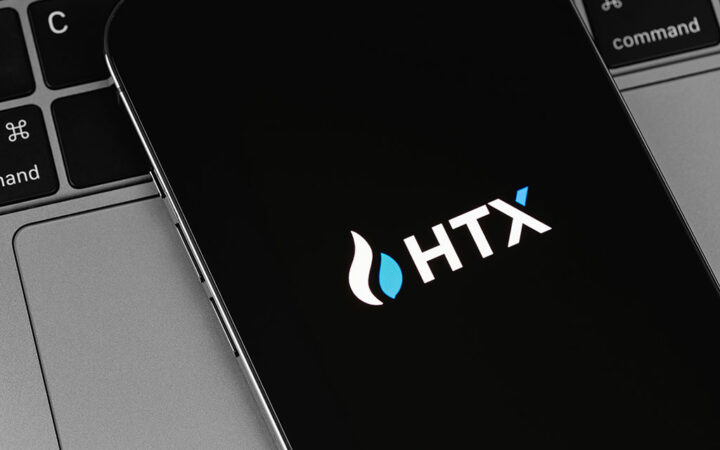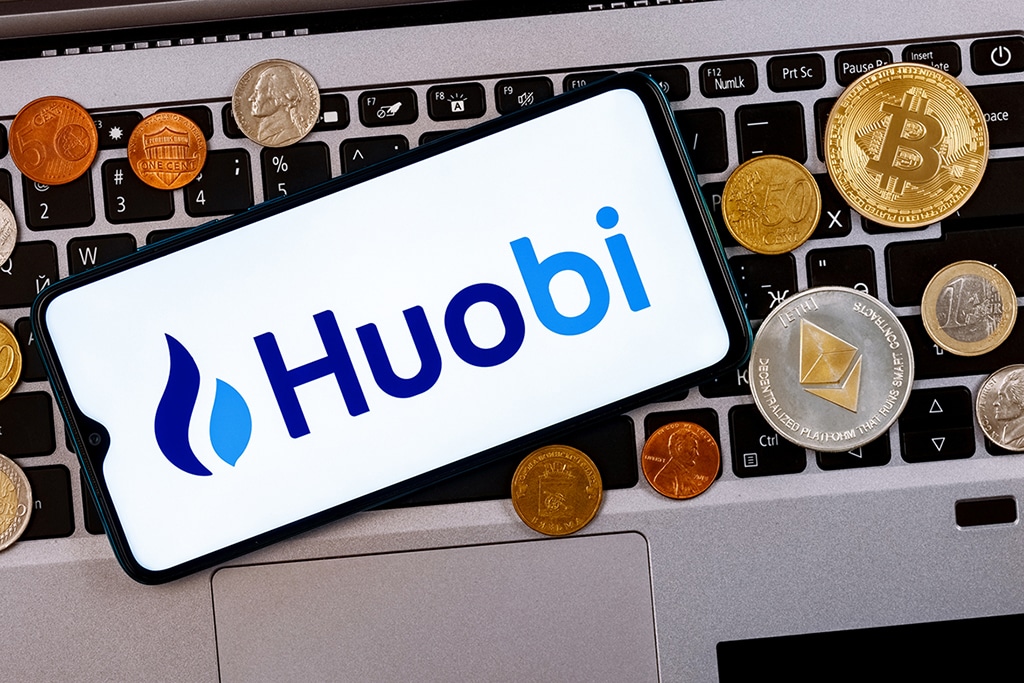
A Web3.0 World: How Huobi Global Is Making Great Strides

The current unstable economic and political environments have fostered fear, uncertainty, and doubt in the hearts of investors. Polarizing world views are being publicized on not just mainstream media outlets but also shared on social networks, with the potential to sow discord among communities; but the emergence of Web3.0 promises to alleviate such negative sentiments, signaling hope for a brighter future.
After more than ten years in the making, Web3.0 has made good headway. Cutting-edge technologies, new application scenarios, disruptive organizational paradigms and, most importantly, unprecedented freedom for global users are now well in place, setting the foundation for a world as we have never known it.
Three key aspects have contributed toward the development of Web3.0:
- Talent: Talent is key to Web3.0’s success, and the crypto industry is brimming with potential. Founders of many leading crypto products have almost all been born post 1990 – Ethereum founder Vitalik Buterin is 27 years old, FTX’s founder Sam Bankman-Fried is aged 29, and OpenSea Founders Devin Finzer and Alex Atallah are 31 and 29 years old respectively. The crypto industry is also experiencing an influx of passionate and talented young people.
- Funding: The crypto industry has caught the attention of many large venture capital institutions and funds, who have responded with funding support for promising projects. In addition to specialized blockchain capital institutions such as Digital Currency Group (DCG), Paradigm and Alameda Research, firms such as Andreessen Horowitz, Sequoia Capital and Animoca Brands have invested in the crypto industry. Huobi Global is well aware that funding is conducive toward the incubation and success of Web3.0 projects. Despite current bearish market conditions, Huobi Global’s investment team has provided support for promising blockchain projects worldwide, to the tune of US$6 billion.
- Time: Bitcoin was born in 2009. After more than ten years of development, people have gradually accepted the blockchain and begun to look toward the Web 3.0 age.
Definitions as to what constitutes Web3.0 vary. Web3.0 covers a wide range of fields, including digital currency, smart contracts, blockchain technology, hardware infrastructure (VR, AR, storage, sensors, etc.), Non-Fungible Tokens (NFT), Decentralized Financial services (DeFi), Metaverse, Decentralized Autonomous Organizations (DAOs), etc.
- Cryptocurrency: Cryptocurrency is the essence of Web3.0. With digital currency, Web3 has its own economic system. As a nine-year-old digital currency exchange, Huobi Global has been actively embracing Web3.0 – dozens of cryptocurrencies such as Decentraland (Mana) and Filecoin have been successfully listed on Huobi Global. At the same time, Huobi Global has launched Prime, and successively launched the Primepool and Primelist products to form a comprehensive suite of services to cater to all user needs. Huobi Global is committed to selecting high-quality assets, continuously empowering users, and promoting the development of Web3.0.
- Blockchain and smart contracts: Blockchain and smart contracts form the essential foundations for Web3.0. All activities in the crypto industry are built on the blockchain and smart contracts. Huobi Global is actively involved in the construction and development of public chains and last month cemented its position as the lead investor in the Cube Network, a high-performance modular public chain.
- DAO: Focused on giving voices to communities, DAO is the organizational form of Web3 society that promises to unite people in a community by granting them voting rights that determine the future of a project.
- DeFi: DeFi provides sufficient liquidity for the Web3 world, and those who participate in it have obtained corresponding incentives and income. Huobi Global has established an Entrepreneurship Division, focusing on the research and development of DeFi; meanwhile, Huobi Research Institute has also conducted in-depth research on DeFi and its associated lending protocols.
- Metaverse and NFTs: At present, NFTs are viewed by many as digital art collections, while the Metaverse has been touted as a virtual playground allowing for the creativity of all to be expressed. It is increasingly believed that NFTs and the Metaverse will be important tools for the digital transfer of products we see and use in daily life onto the Web3.0 space. Huobi NFT has successfully issued several batches of NFT products, among which many are NFT works released in partnership with stars such as Tracy Lamar McGrady Jr. and Hanazawa Kana, to the delight of fans worldwide.
- Decentralized storage: A truly decentralized Internet also requires permissionless and censorship-resistant storage systems and hardware IoT networks to support its computation and dissemination. Unlike products like BitTorrent which can only host specified content on local servers, InterPlanetary File System (IPFS) offers a new distributed system dedicated to file storage, allowing any node to store data. At the same time, the industry is also seeing the rise of “distributed storage aggregators” like Filebase and Pinata, which provide the interfaces, optimizations, and service layers needed to offer custom storage solutions to customers.
Web3.0 infrastructure has made great strides in recent times, and companies such as Huobi Global are constantly seeking outlets to support innovation in the Web3.0 space. The future is brimming with opportunities, and companies who venture into the space will pave the way toward a promising Web3.0 future.
Disclaimer: This publication is sponsored. Coinspeaker does not endorse or assume responsibility for the content, accuracy, quality, advertising, products, or other materials on this web page. Readers are advised to conduct their own research before engaging with any company mentioned. Please note that the featured information is not intended as, and shall not be understood or construed as legal, tax, investment, financial, or other advice. Nothing contained on this web page constitutes a solicitation, recommendation, endorsement, or offer by Coinspeaker or any third party service provider to buy or sell any cryptoassets or other financial instruments. Crypto assets are a high-risk investment. You should consider whether you understand the possibility of losing money due to leverage. None of the material should be considered as investment advice. Coinspeaker shall not be held liable, directly or indirectly, for any damages or losses arising from the use or reliance on any content, goods, or services featured on this web page.



